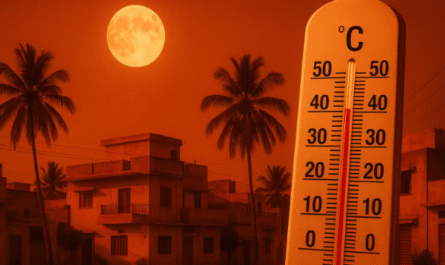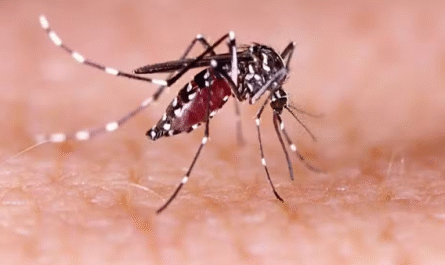1,000 KG Toxic Chicken Meat Seized in Lahore: A Wake-Up Call for Food Safety
In a shocking revelation, the Punjab Food Authority (PFA) recently confiscated 1,000 kilograms of toxic chicken meat from an illegal slaughterhouse in Lahore’s Sabzazar area. The raid, carried out under the supervision of PFA Director General Asim Javed, exposed a disturbing reality: diseased and dying chickens were being slaughtered in extremely unhygienic conditions and prepared for public sale.
The Raid That Uncovered a Health Hazard
The PFA team acted swiftly after receiving a tip-off about illegal poultry processing. Upon inspection, the authorities found that the chickens being slaughtered were either terminally ill, semi-dead, or had suffered from severe infections, including lung diseases, eye disorders, and digestive issues. The environment of the facility was equally appalling—blood-stained floors, unbearable odor, and no sanitary controls in place.
This operation is not just about one illegal slaughterhouse. It reflects a larger systemic failure in the poultry supply chain, where profits are prioritized over public health. Fortunately, the PFA confiscated all the contaminated meat and safely disposed of it, preventing it from reaching markets and endangering consumers.
What Makes This So Dangerous?
Selling and consuming meat from sick or dying animals poses serious health risks. Contaminated chicken can carry bacteria such as Salmonella, E. coli, and even dangerous viruses. If such meat is not cooked thoroughly—or worse, consumed raw in dishes like poultry salads—it could lead to food poisoning, severe gastrointestinal illnesses, and long-term health complications.
Additionally, the use of diseased poultry meat in street food, roadside eateries, or even in frozen products, increases the risk of mass exposure. In a city like Lahore, where millions rely on chicken as an affordable protein source, such illegal practices pose an ongoing public health crisis.
Not the First Incident
Sadly, this isn’t an isolated event. Earlier this year, the PFA seized 3,000 kilograms of unfit chicken meat from Tollinton Market. Repeated cases of such scale point to persistent illegal activities that continue to thrive in the shadows of the food industry. Despite increasing inspections and penalties, illegal slaughterhouses keep resurfacing, often due to weak enforcement and public ignorance.
What Needs to Be Done?
To curb such life-threatening practices, multiple stakeholders need to act:
- Consumers must ensure they buy chicken only from licensed and reputed vendors.
- Authorities must ramp up surprise inspections and permanently shut down repeat offenders.
- Vendors should be educated about safe slaughtering practices and held accountable under strict hygiene laws.
The PFA has urged the public to report any suspicious or unhygienic meat-selling operations through their helpline 1223.
Final Thoughts
The seizure of 1,000 kg of toxic chicken meat is a serious wake-up call. It highlights the urgent need for stronger regulation, awareness, and community vigilance. Ensuring safe food is not just the government’s job—it’s a shared responsibility. Citizens must stay informed, report wrongdoings, and demand safe food practices from sellers and suppliers alike.
The fight against toxic food starts with awareness—and ends with action.



